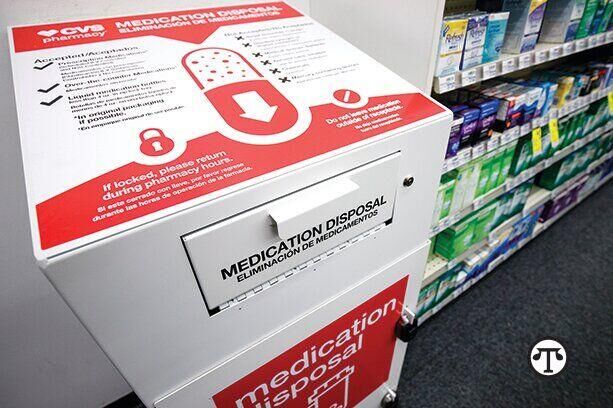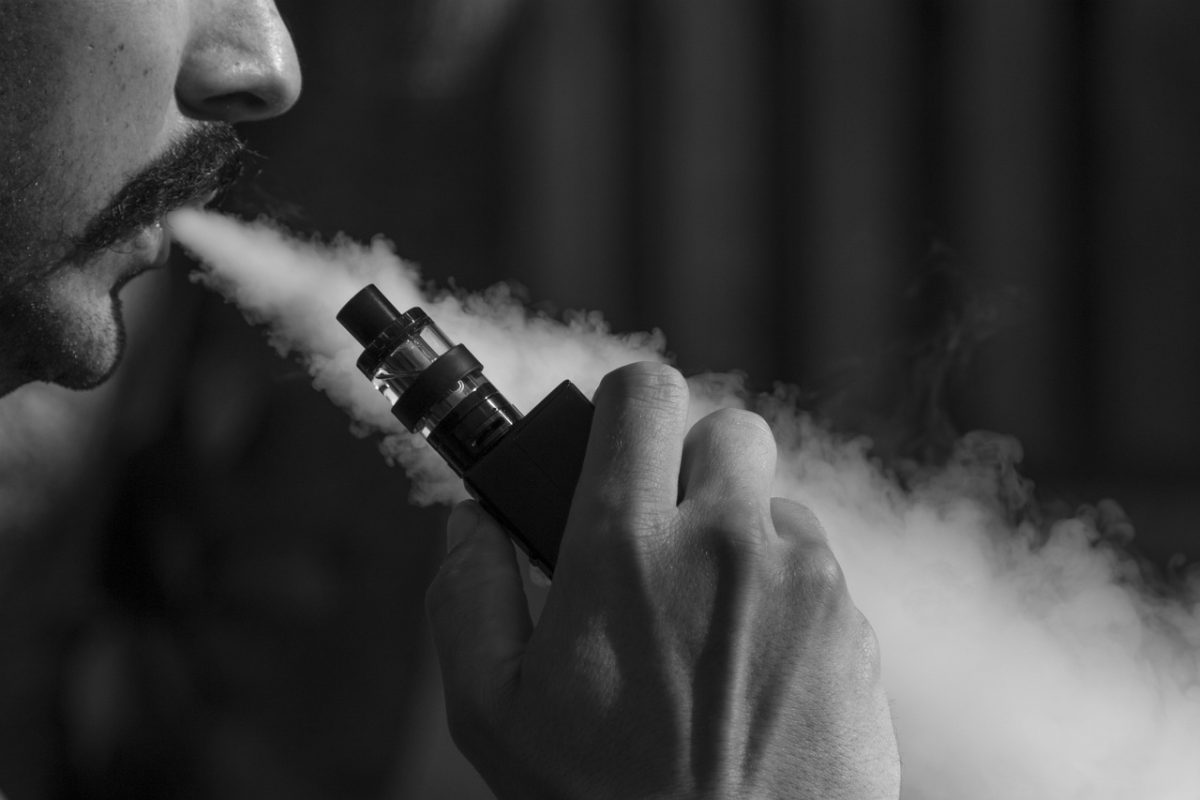(NAPSI)—Unused medication can sometimes find its way into the wrong hands, so it’s critical to dispose of it properly. To make that easier and raise awareness about the potential of medication abuse, and encourage people to remove unneeded medications from their homes, the U.S. Drug Enforcement Administration (DEA) hosts National Prescription Drug Take Back Days each spring and fall. For year-round convenience, CVS Pharmacy offers in-store disposal units available during pharmacy hours at thousands of locations nationwide.
Why is safe medication disposal important?
Unneeded or expired medications that are not properly secured of disposed can be associated with accidental poisoning and improper access by those seeking to misuse them.
How can I get rid of unwanted medications?
There are multiple ways to dispose of unwanted medications—including CVS Pharmacy’s safe medication disposal kiosks and take-home drug deactivation packets such as DisposeRx®.
•Medication disposal kiosks: These in-store disposal units accept prescription medications, over-the-counter medications and liquid medication bottles. Items not allowed include illegal drugs (Schedule 1), needles, syringes or sharps containers, medical devices and batteries, aerosol cans and inhalers, chemicals and mercury-containing devices. The secure kiosks are available in 3,700 locations nationwide, located near the pharmacy, and are monitored by pharmacists.
•DisposeRx®: When combined with warm water and added to a pill bottle, DisposeRx® turns medications into a biodegradable gel, which can be safely discarded at home. Packets are available at select CVS Pharmacy locations for certain prescriptions.
How do I dispose of medicine if a take-back program is not available near me?
The best way to get rid of medications is to use a permanent drug disposal box, especially for substances with potential for misuse. However, some medications can be safely disposed of at home if a drug disposal box is unavailable. To ensure medications are disposed of safely, it is important to learn proper at-home practices.
•Flush it: While flushing is not recommended in most cases, some medications need to be flushed if no take-back options are immediately available in your area. Check the label or consult the U.S. Food and Drug Administration’s (FDA) “flush list” to confirm whether a medication can be flushed.
•Throw it in the trash: Almost all medicines, except those on the FDA’s flush list, can be thrown into household trash. Prescription and over-the-counter pills, liquids, drops, patches and creams must remain intact, but should be removed from their original containers and mixed with something undesirable such as coffee grounds or cat litter, then placed in a secure bag or container. Don’t forget to scratch out all personal information on prescription labels.
•Contact the trash and recycling facility: Read labels and follow local regulations and laws about properly disposing of inhalers or other aerosol products, as these can be dangerous if punctured or thrown into a fire or incinerator.
CVS Pharmacy has collected more than five million pounds of unwanted and expired medication through its safe medication disposal units since they were established in 2014.
To find a convenient disposal location near you, including select CVS Pharmacy locations, visit www.safe.pharmacy/drug-disposal.
“There are multiple ways to dispose of unwanted medications—including CVS Pharmacy’s safe medication disposal kiosks and take-home drug deactivation packets such as DisposeRx®.”








